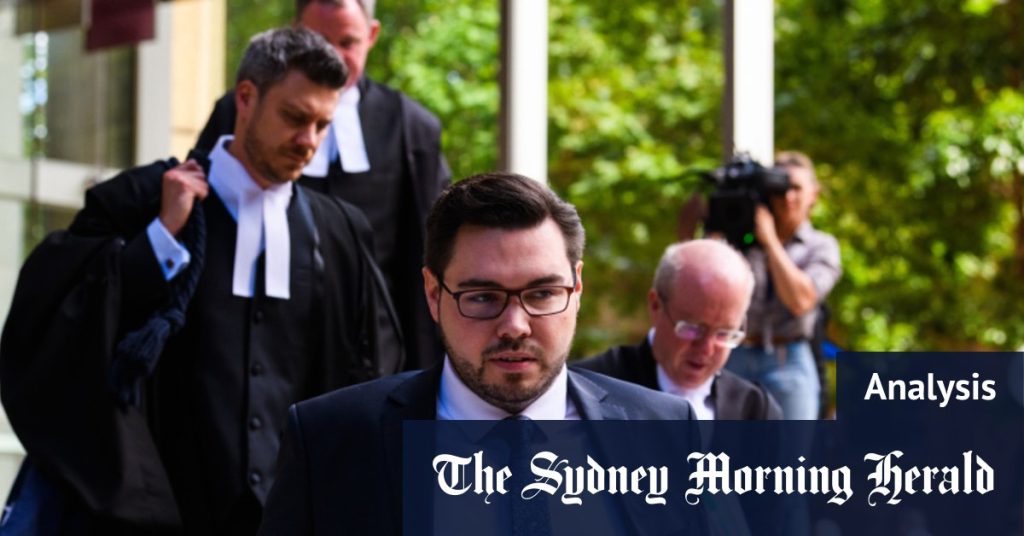On Monday, Justice Michael Lee will render his decision in the defamation case brought by Bruce Lehrmann against Network Ten and Lisa Wilkinson. The case centers around comments made by Wilkinson during a segment on The Project in 2019, where she referred to Lehrmann as a “vile misogynist” in response to his controversial views on gender equality. Lehrmann, a self-described men’s rights activist and founder of the “Fake Rape Crisis” campaign, claims that the comments made by Wilkinson were defamatory and have caused harm to his reputation.
During the trial, Lehrmann’s legal team presented evidence that he had faced significant backlash and online abuse as a result of Wilkinson’s comments, including death threats and damage to his professional reputation. They argued that Wilkinson’s statements were not protected by qualified privilege, as they were made with malice and without proper verification of the facts. In response, Network Ten and Wilkinson’s legal team contended that the comments were fair comment on a matter of public interest and that they were not made with malice or ill intent.
Throughout the trial, Justice Michael Lee has considered a number of factors in determining whether the comments made by Wilkinson were defamatory, including the context in which they were made, the potential harm caused to Lehrmann’s reputation, and whether they were made with malice or a genuine belief in the truth of the statements. The decision, which will be delivered on Monday, will have significant implications for the way in which public figures and media personalities can comment on controversial issues and individuals without fear of legal repercussions.
The outcome of this case is expected to set a precedent for future defamation cases involving public figures and media personalities, and may clarify the boundaries of free speech and fair comment in the context of modern media and social media platforms. In an era where the spread of information and opinions can have immediate and far-reaching consequences, the decision in Lehrmann’s case will be closely watched by legal experts, media professionals, and individuals who are concerned about their rights to express their views without fear of retribution.
It is possible that Justice Michael Lee’s decision in the Lehrmann defamation case will have a chilling effect on public discourse and commentary, particularly on controversial and sensitive issues such as gender equality and men’s rights activism. The case has highlighted the potential risks and consequences of making inflammatory or contentious statements in a public forum, and has raised questions about the responsibilities of media personalities and public figures in exercising their right to free speech. The decision, when it is delivered on Monday, will undoubtedly have a lasting impact on the way in which individuals and organizations communicate and engage with each other in the public sphere.
In conclusion, the defamation case brought by Bruce Lehrmann against Network Ten and Lisa Wilkinson has brought to light the complexities and challenges of navigating the boundaries of free speech and fair comment in the modern media landscape. Justice Michael Lee’s decision, due to be delivered on Monday, will be closely watched as a potential turning point in the way in which public figures and media personalities can express their opinions without facing legal consequences. The outcome of this case may set a precedent for future defamation cases and clarify the responsibilities and liabilities of individuals and organizations in the digital age.


